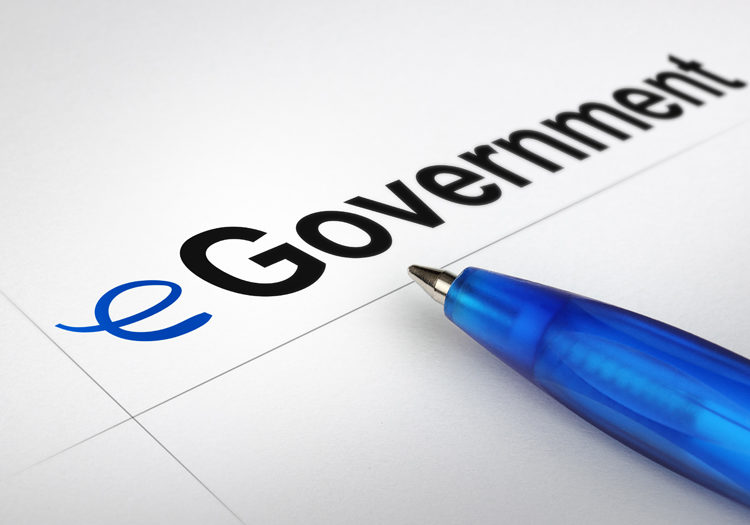The federal government has mapped out a strategy to collaborate with state governments to harmonise efforts on the digital economy and e-government master plan.
Indications to this development emerged during the inauguration of the Presidential Council on Digital Economy, E-government Master Plan in Abuja on Tuesday to pave the way for the sun-national levels to align and fully participate in the Federal Government Digital Economy policies and programmes.
The Council was launched by President Muhammadu Buhari to strengthen the capacity of the government to adopt and deploy digital technologies to make the government more transparent ,thereby improving Nigeria’s standing in the Ease of Doing Business Index.
Speaking to reporters after the First Inaugural meeting, Minister of Communications and Digital Economy, Isah Ibrahim Pantami, said the establishment of the Council became necessary to involve the states becauseDigital Economy cannot be implemented in silos.
“It is not only the responsibility of the federal government that is why the government put the National Digital Economy Policy in place to show that our states have a significant and key role to play to achieve the implementation of this policy.
“From the time the President launched this policy till date, a lot has been achieved. More than 70% has been achieved. However, there are some issues. We have not involved the sub- nationals in the decision making and in implementation.”
work is about getting their inputs in this regard,” the Minister said.
He noted that after the fruitful deliberation, the Secretariat has been directed to come up with a digital framework for the digital economy that can be implemented in the states, adding that many states have good initiatives on the digital economy, but there is lack of harmonisation of the activities.
“So, a framework is going to be developed so that our sub nationals will play their own role and the federal government will continue to provide intervention where necessary.
“As part of the discussion, the council proposed the establishment of the Ministry of Digital Economy in our states, where the activities at the national level can be cascaded and implemented by our various states. I do hope that before the end of the year many positive things will come out of the council,” he said.
He reiterated that the ICT sector has contributed enormously to the Nigerian economy to the extent that the sector alone, without the contribution of the digital services, contributed 17.92 % to Nigeria’s GDP which is unprecedented in the history of the country.
Also speaking to reporters after the meeting, Imo State Governor, Hope Uzodimma, who promised to create a ministry of digital economy and IT in his state, said the Secretariat has been tasked to develop a framework that will enable the states to align properly into the federal government of policy of the Digital economy.
“All the states are very enthusiastic in making sure that the various economic potential accruable from the digital economy and e- governance come to fruition,” he said.
In the same vein, Edo state governor, Godwin Obaseki, expressed delight at the launch of the council, stressing that Edo state has already taken a lot of initiatives and actions to implement digital technology in education with EdoBest, a platform that captures all the 15,000 teachers in the state.
“We are implementing technology in the primary healthcare centres, we have technology hubs and we are doing it on our own, it is not connected or aligned with what is happening nationally. So, this Council will help to align different digital initiatives from different states so that we gain speed and strengthen our digital strategy as a country,’’ he said.
Minister of Trade Investment and Industry, Otunba Richard Adebayo, said his ministry is working with the Ministry of Communications and digital economy through the Industrial Training Funds (ITF) to come up with a home-grown strategy to grow the sector with active participation of the private sector.
We’ve got the edge. Get real-time reports, breaking scoops, and exclusive angles delivered straight to your phone. Don’t settle for stale news. Join LEADERSHIP NEWS on WhatsApp for 24/7 updates →
Join Our WhatsApp Channel










